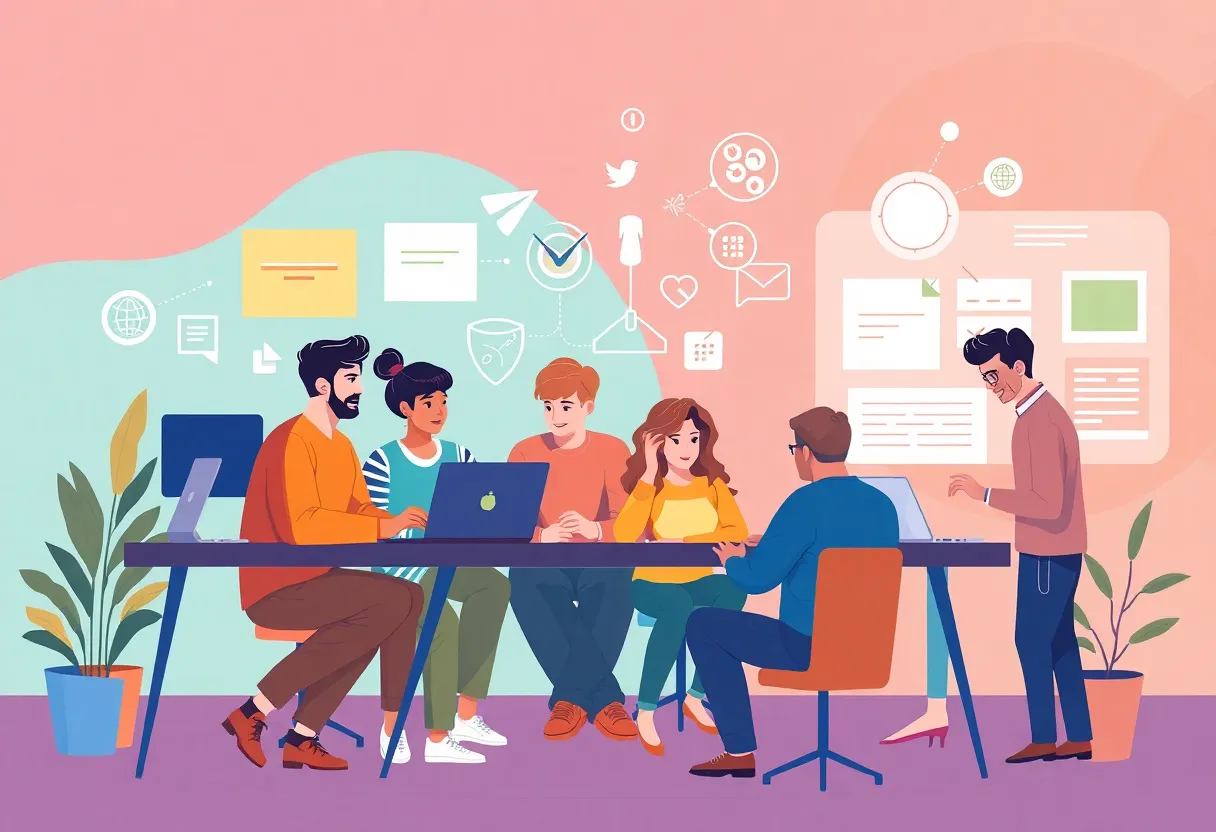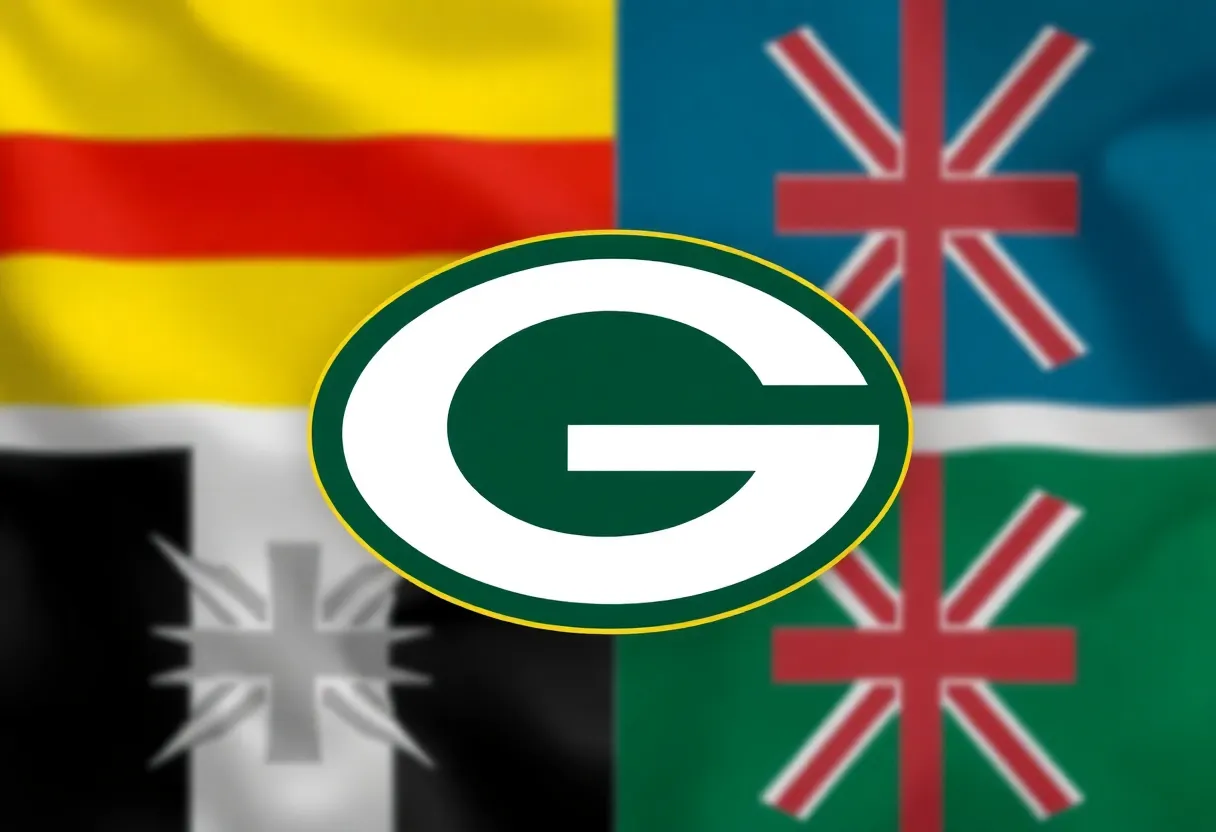News Summary
Vibe marketing is revolutionizing the startup landscape, utilizing AI to streamline marketing processes and reduce costs. This innovative approach empowers single marketers to achieve impactful results, making it an essential strategy for startups looking to thrive in a competitive market. The future of marketing lies in agility, efficiency, and the ability to connect with audiences authentically.
The Rise of Vibe Marketing: A Game Changer for Startups
In a world where marketing strategies are constantly evolving, vibe marketing is making waves among startup founders, marketers, and investors alike. This fresh concept is more than just a buzzword; it’s a complete rethinking of how marketing can function, harnessing the power of automation, artificial intelligence (AI), and bringing down software costs. If you’ve ever wondered how startups can grow rapidly without the traditional marketing headaches, vibe marketing might just be the answer you’re looking for!
What is Vibe Marketing?
At its core, vibe marketing represents a significant shift in the marketing landscape. Gone are the days when launching a campaign meant assembling a team of specialists and spending weeks and thousands of dollars to bring it to life. With vibe marketing, a single marketer is equipped to utilize AI and streamlined workflows to test various angles and launch campaigns at lightning speed. This level of efficiency can be game-changing, especially for startups eager to carve their niche in the market.
Efficiency Like Never Before
As Greg Isenberg, a former head of product strategy at WeWork points out, vibe marketing can drastically accelerate marketing processes, not unlike how vibe coding transformed software development. Traditional methods often drag on, but with the tools available today, a single marketer might achieve results that would traditionally take an entire team. Isn’t that something to ponder over?
The Impact on Success
Will Manidis, a venture capitalist, emphasizes that the “vibes” of a company heavily influence its ability to acquire capital, motivate employees, and earn customer trust. In this light, understanding and harnessing these vibes through marketing strategies becomes crucial for startups. They can become more agile in testing their messaging, ensuring they hit the right notes with potential customers.
The Role of AI in Marketing
The sophisticated capabilities of AI allow marketers to automate a plethora of tasks, hence operating with unprecedented speed and efficacy. Imagine a world where copywriting, visual design, and real-time data optimization can be done in a fraction of the time it traditionally takes. It’s not a future dream; it’s here and making a significant impact!
Lower Costs, Higher Outputs
One of the most exciting aspects of vibe marketing is the reduction in costs associated with creating custom software. As tools become more accessible, marketers now have the ability to build robust systems quickly and affordably. Picture this: a solo marketer producing the same output as an entire agency. It’s a remarkable thought, isn’t it?
The Growth of Marketing Technology
The marketing technology landscape is booming, valued at a whopping $250 billion in 2024 and projected to grow at an annual rate of 12% through 2030. This growth is largely attributed to the integration of AI, which is poised to automate up to 30% of marketing tasks by 2025, according to a McKinsey report.
Future of Marketing Teams
Looking ahead, marketing teams are likely to adopt a hybrid model that combines human creativity and strategic thinking with the speed and efficiency brought by AI. This leads to a more dynamic approach to marketing, where startups can scale faster with less funding, attracting the attention of venture capitalists eager to invest in promising ideas.
Democratization of Marketing Tools
The democratization of marketing tools opens the floor for intense competition. Small players equipped with vibe marketing strategies can disrupt larger corporations through savvy emotional engagement and innovative tactics. For early-stage B2C startups, this means running emotional hook tests, sharing authentic founder stories, and releasing limited products to foster a sense of urgency among consumers.
Conclusion
In the end, vibe marketing marries the efficiency of vibe coding with the cutting-edge capabilities of AI, driving rapid experimentation and automation in marketing. As we witness more startups excitedly embracing this modern approach, it’s clear that the future of marketing is not just about who can shout the loudest, but also about who can vibe the best. Welcome to the new era of marketing!
Deeper Dive: News & Info About This Topic
HERE Resources
Exciting New Venture: Three Veterans Launch Requiem
Insights from the 2025 Social Media Study
Nostalgia Marketing Thrives as Brands Reconnect with Consumers’ Fond Memories
Edible Brands Launches E-Commerce Site for THC Edibles
Playful Social Media Banter: A Recipe for In-Store Success!
Travis Pointe Country Club Unveils Major Renovation Plans
The Evolution of Online Presence in New York Law Firms
The Exciting World of Instagram Marketing in 2024
Essential Lessons for Businesses to Revamp Social Media Marketing Strategies in 2025
Central Ohio Filmmaker’s Alien Adventure Takes Super Bowl by Storm!
Additional Resources
- Forbes: VC’s Wake Up to Vibe Marketing
- Wikipedia: Vibe Marketing
- Reuters: Starbucks’s China Comeback
- Google Search: Vibe Marketing
- DAO Insights: LEGO Gets Into CNY Vibe
- Google Scholar: Vibe Marketing
- Economic Times: Tic Tac’s New Ad
- Encyclopedia Britannica: Vibe Marketing
- The Crypto Basic: Market Vibe Analysis
- Google News: Vibe Marketing








